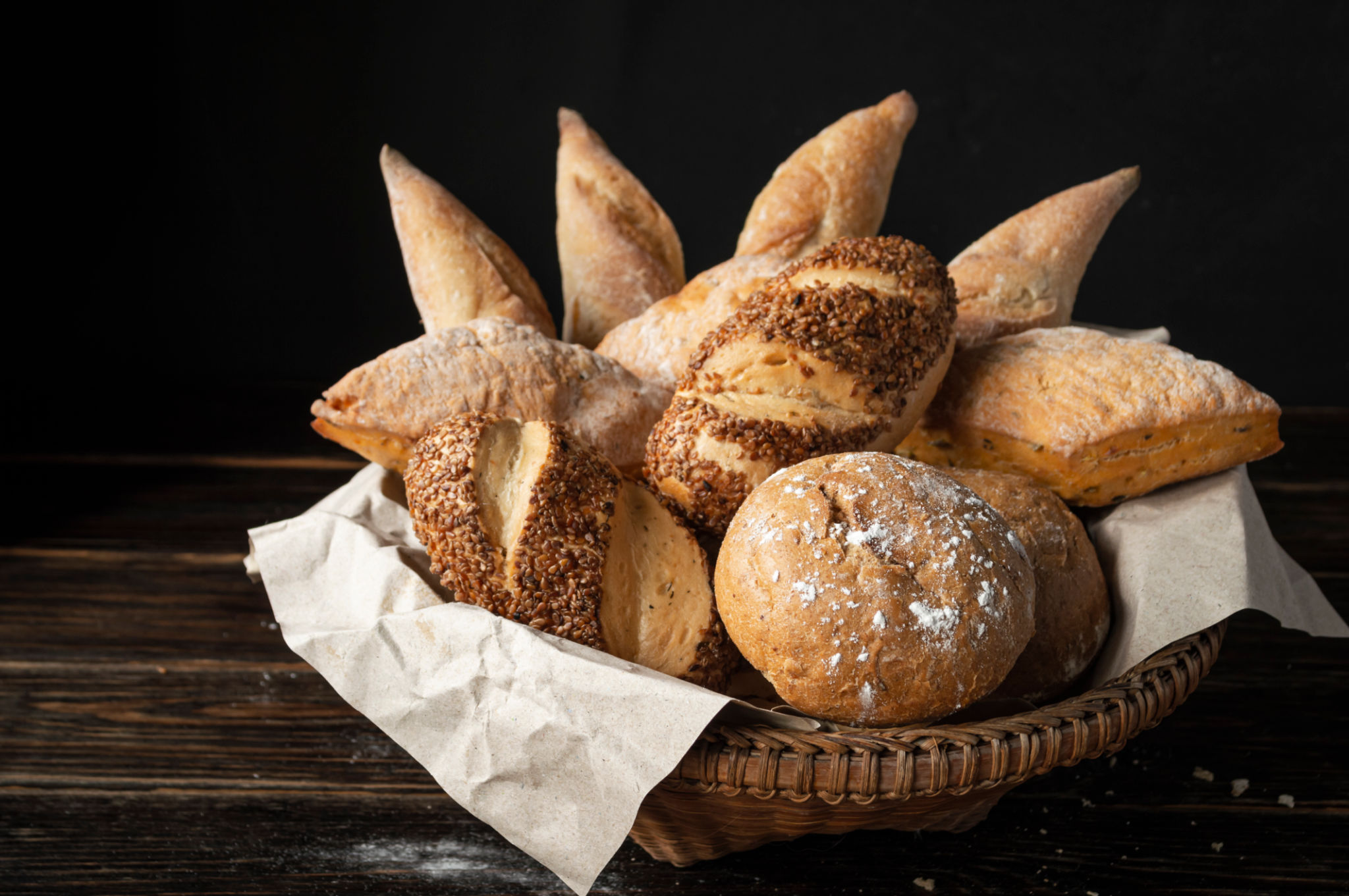Debunking Pasta Myths: Common Misconceptions About Homemade Pasta
Introduction to Pasta Myths
Homemade pasta often evokes images of Italian kitchens filled with laughter, flour-dusted countertops, and the rich aroma of sauces simmering on the stove. However, many myths surround the process of making pasta from scratch, leading some to shy away from this culinary delight. Here, we will debunk some of the most common misconceptions about homemade pasta.

Myth 1: Homemade Pasta is Too Difficult to Make
One of the most prevalent myths is that making pasta at home is incredibly challenging and time-consuming. In reality, crafting pasta requires just a few ingredients: flour, eggs, and a bit of salt. With a little practice and patience, even beginners can master the art of pasta-making. The key is to start with simple recipes and gradually experiment with different shapes and flavors.
Myth 2: You Need Special Equipment
Another common misconception is that you need expensive or specialized equipment to make homemade pasta. While tools like pasta machines can be helpful, they are by no means essential. A simple rolling pin and a sharp knife are sufficient to produce delicious pasta. For those who want to explore further, there are many affordable gadgets available that can enhance the pasta-making experience.
Myth 3: Fresh Pasta is Always Better Than Dried
While fresh pasta offers a unique texture and taste, it is not inherently superior to dried pasta. Both types have their place in the kitchen and are suited for different dishes. Fresh pasta is ideal for recipes with delicate sauces, while dried pasta holds up better in hearty dishes. Understanding when to use each type can elevate your culinary creations.

Myth 4: Homemade Pasta Doesn't Store Well
Contrary to popular belief, homemade pasta can be stored quite effectively with a few simple techniques. Freshly made pasta can be dried and stored in an airtight container for several weeks or frozen for even longer storage. This allows you to enjoy homemade pasta without the pressure of consuming it immediately.
Myth 5: Only Italian Flour Works
It's a widespread belief that only Italian flour can produce authentic homemade pasta. While Italian "00" flour is popular due to its fine texture and low gluten content, many other flours can be used successfully. All-purpose flour or semolina flour can also yield excellent results. Experimenting with different types of flour can lead to exciting variations in flavor and texture.

Conclusion: Embrace the Art of Pasta Making
Debunking these myths reveals that making homemade pasta is more accessible and versatile than many might think. By understanding these misconceptions and embracing a spirit of experimentation, anyone can enjoy the satisfaction of creating fresh pasta in their own kitchen. So roll up your sleeves, dust off your rolling pin, and start your journey into the world of homemade pasta today!